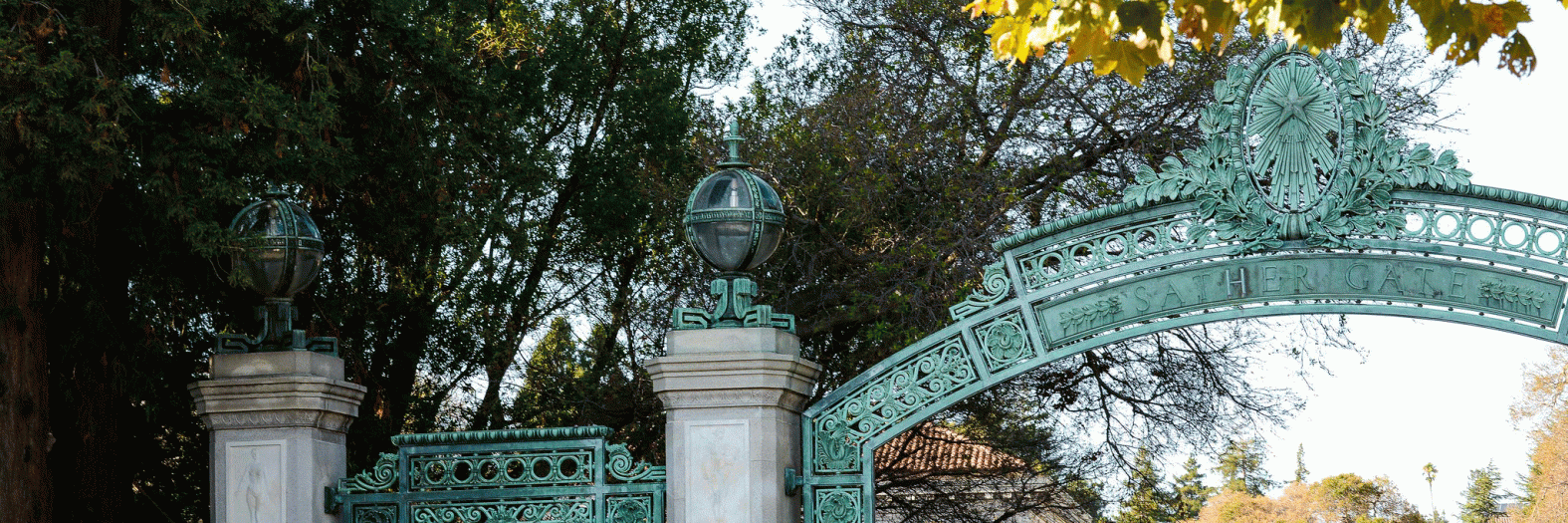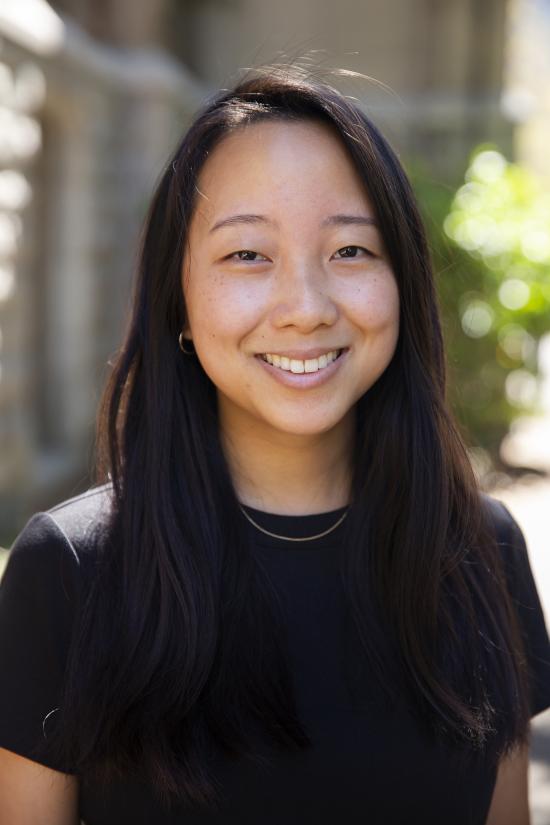Master’s of Information Management and Systems student Joanne Ma has been awarded the 2021–22 Curtis B. Smith Cybersecurity Fellowship. The fellowship supports high-achieving School of Information students who have an interest in the field of cybersecurity or a research focus on cybersecurity.
A designer and researcher, Ma seeks to apply cross-disciplinary approaches to cybersecurity issues. She says she was motivated to pursue a graduate degree at the I School after taking two classes with I School professors as a Berkeley undergraduate: Info 239. Technology and Delegation, with Professor Deirdre Mulligan, which Ma says was formative for her understanding of human-computer interaction (HCI) and made her want to go deeper into security issues, and Info 290. Future of Cybersecurity Reading Group, with Professor Chris Hoofnagle, which she took not once, but twice, inspired her to continue learning frameworks, technical skills, and research skills to assist with sharpening her understanding of cybersecurity matters. Ma said she realized how often narrow constructions of cybersecurity ignore the surveillance of so-called ‘hidden technologies’ like automated license plate readers, which disproportionately affect immigrant and refugee communities like those in the Eastside neighborhood of San Jose, where she was raised.
She says her research combines human-computer interaction (HCI), legal advocacy, grassroots organizing, public policy, critical theory, and design “to create new modes of understanding, reflection, and co-design for the future” rather than the futures imagined by corporations and nations.
If the connection between security and design might not seem obvious, she credits formative research she did as a Berkeley undergrad with Nick Merrill (Ph.D. ’18) at the Center for Long-Term Cybersecurity (CLTC) with showing her that design is security. “How we design sociotechnical systems shape security,” she said, “because it directs what values (e.g. fairness, privacy) are prioritized.”
Ma’s work at CLTC involved interviews with product managers (PM) across Silicon Valley tech companies, where she sought to examine how PMs might advocate for better consumer privacy and security during the product development process. What Ma learned was that PMs falsely believed they needed technical expertise to champion better cybersecurity measures. This led to work at Mozilla, where she led mobile privacy and digital safety workshops for audiences across different technical literacy levels, with the aim of communicating that anyone could learn to recognize cybersecurity threats.
Her current research evaluates the usability of mobile security settings across race, gender, geography, and socioeconomic status to uncover patterns between self-efficacy and understanding of security and privacy jargon, as smartphones are now the primary way for people to communicate security preferences.
“Joanne is focusing on the impact that all individuals can have on keeping their communities safe,” the fellowship selection committee wrote. “Leading workshops, supporting the community, and sharing the message that anyone can identify threats, she empowers everyone to become a security advocate.”
“I want to continue taking the research I work on at Berkeley beyond the classroom and journal publications,” Ma said, “to ensure that policymakers, technologists, activists, and the general public feel empowered to make informed choices. We all have agency and responsibility to collectively shape the futures we want!”











